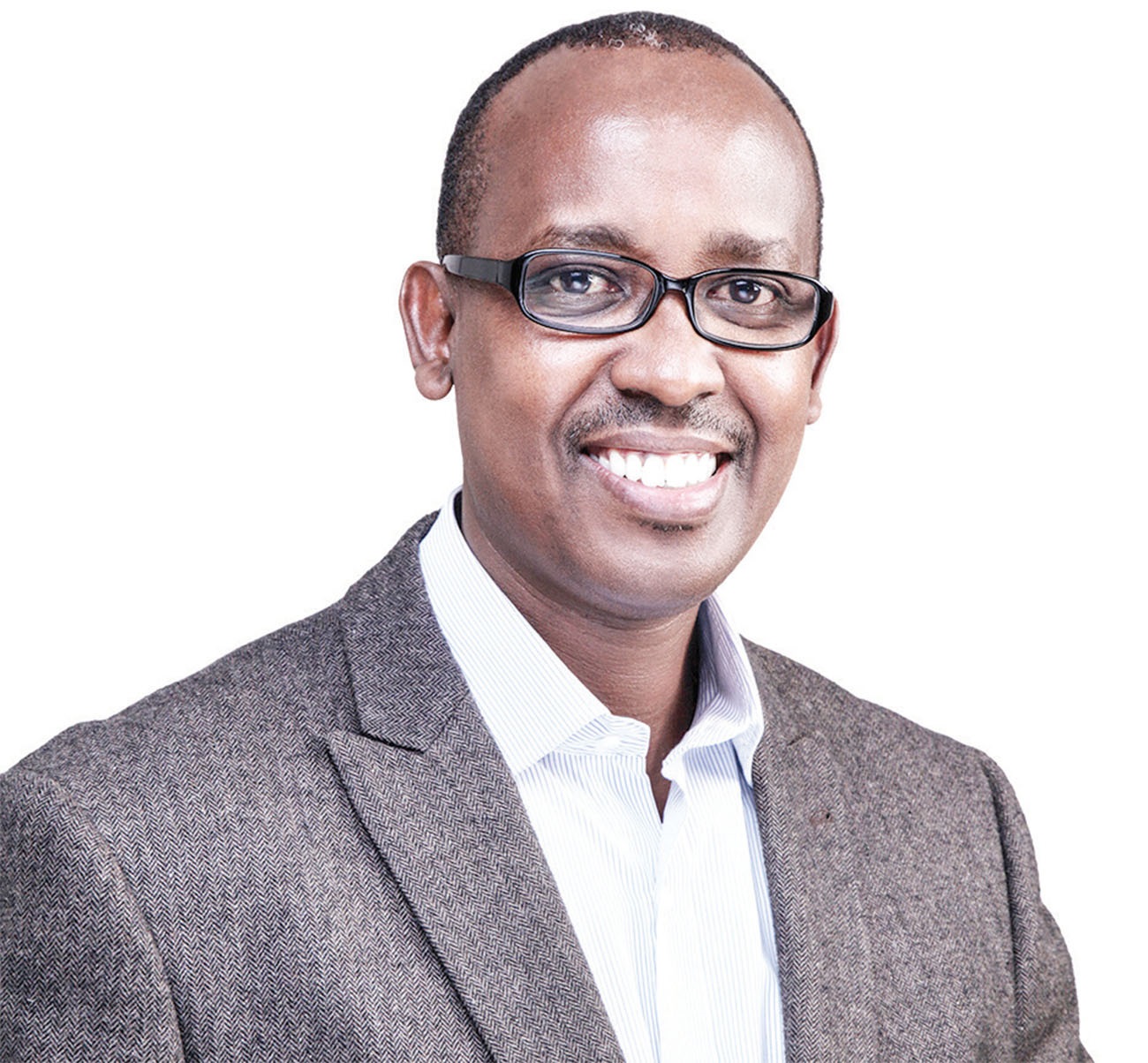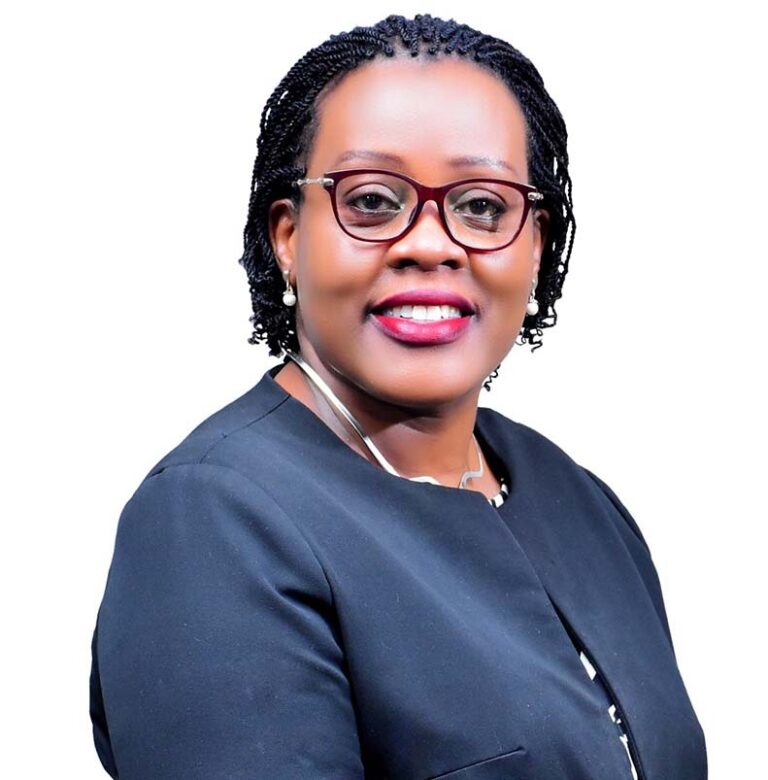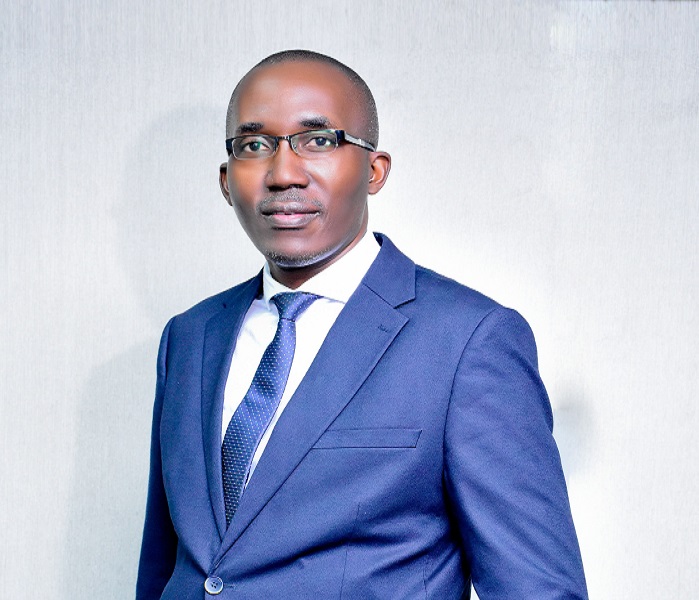
By Odrek Rwabwogo
HABARI DAILY I Kampala, Uganda I An election is a formal and organized choice by vote of a person for a political office or other position. The process is supposed to usher in hope and not bad luck.
Having said that, the question that comes to my mind is: Why does a modern Africa or Ugandan state not care just as much how it is perceived and it allows elections to be a choke point.
On some occasions, investments cease, capital flight is initiated by the private sector and disagreements reverse the progress made.
This is why I am putting forward four simple things we can do in the next five months to keep jobs and exports growing:
- First, to tame our language and how we communicate and avoid tribal and religious talk even in our private conversations.
Private conversations are often the ones that stream into social media and hurt our trade efforts.
Whenever I travel outside of Uganda, I am never asked about my tribe. Instead, as we all know, they ask for the passport from my country and the visa to the host country.
Many of our brothers and sisters suffer indignities — whether they are ministers or businesspeople, at these borders, yet when we come home, some revert to cocoons of tribe and religion in search of votes.
They prey on our people instead of providing issues-based leadership and campaign on the reality we face; the reality of limited private sector jobs in a changing world that demands better negotiators for our place in the world.
- Secondly, I ask that we stamp out intimidation in our behaviour towards the electorate or political opponents.
Intimidation is really for weak people who have nothing to offer other than the use of force.
If you cannot convince someone to step down for you or a group of people to follow your ideas; instead, you use intimidation, fear mongering, bribery or concocting lies, this won’t bring people your way.
If you do these negative things in the elections, you have not read your recent history well.
In 1984, during UPC party primaries, those who considered themselves close to President Milton Obote used this perceived access to intimidate and harass other party adherents who wanted a more accommodating party.
Within a year and under pressure from a number of other factors, UPC was no more.
Unfortunately, stories of intimidation seep into our external markets and give Uganda a bad reputation.
Someone said it is harder to build than it is to break. Therefore, let us all remember that the international image and reputation of the nation which has been rebuilt by painstaking effort and responsible leadership for decades can be easily affected by negative publicity.
- Thirdly, the delays of public sector projects execution is hurting our economy, denying jobs to the youth and eroding our credibility, the type of credibility that attracts the right skills, patents and investment into the country.
We must not tag projects to elections and in between return to ‘business as usual’.
As an example, the northern bypass, a stretch of only 22kms, took seven years to complete at almost double the cost initially anticipated.
There are many laws and regulations that would drive investment, protect our food, raise our standards of living but they take forever to get legislated and implemented.
Many people now know that to acquire public project land in Uganda, is almost an exercise in futility given the multi-layered corruption interests that stand in the way.
We have to end this blot on our public institutions, if we are going to keep our market reputation improving and attract quality investments.
Those we convince to invest here do not lack options elsewhere. They leave us for locations that are more transparent in decision making.
- Finally, I will conclude with the matter of litter with posters and other forms of advertisements on every street pole and corner and the noise on the streets in our towns and neighborhoods.
When we convince tourists to come to Uganda to buy our hotel rooms and food, they expect clean cities and low noise levels at night to let them rest after a long day. Not to mention the needs of Ugandans.
I have noticed that many of the people who visit Uganda don’t come with their families. This is partly because of the perceptional risks about Uganda.
We add insult to injury when we don’t prioritise road safety, cleanliness in our streets and noise pollution.
As leaders, when people know our message and it rhymes with their needs, we don’t really need to destroy lamp posts, water sources, clutter neighbourhood spaces with campaign material that often doesn’t say much good about the country and the people we are appealing to.
We have multiple television channels, online and radio stations to help candidates reach their supporters and still keep our neighbourhoods clean.
It is a short, but intense period through which our nation elects her leaders and next government; I appeal to all Ugandans to keep united on the issues that affect us all and to keep our export work moving for the good of the country and Uganda’s global image.
The writer is the chairperson Presidential Advisory Committee on Exports & Industry (PACEID)




